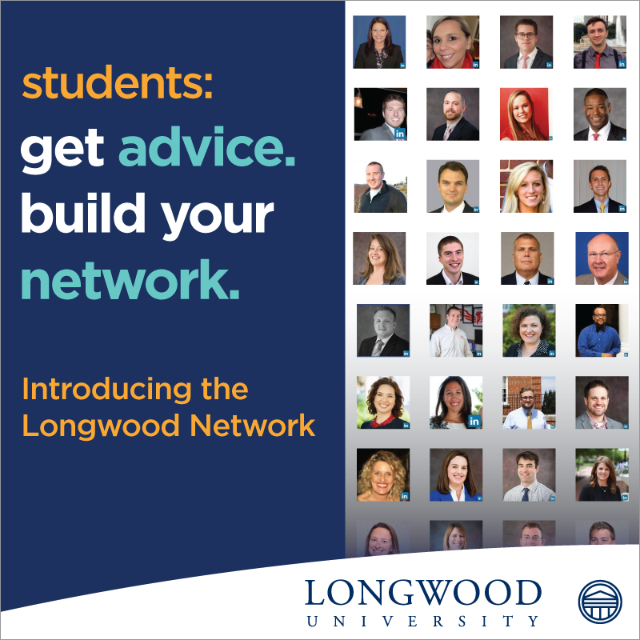The beginning of college is the perfect time to take stock of your skills, strengths, and desires, not just so you can plan for your future but also to help you determine the key selling points of your “business of one.”
What is a business of one? You are a business of one: you are your own small business. In your career you may work for a company, but ultimately you are working for you – and that makes you a business of one.
Why does that matter? When you think of yourself as a business, you can differentiate yourself from the thousands and thousands of other college students that graduate each year.
Think of it in terms of making a decision about what product you wish to buy: employers look for employees with a unique value proposition – they look for what you offer that no one else can.
Think of it in terms of making a decision about what product you wish to buy: employers look for employees with a unique value proposition – they look for what you offer that no one else can.
Tweet This
Here are three ways you can better define your business of one:
1. Identify what people ask you to help them with.
When your friends, family or classmates ask for your help, what do they usually ask for help with? Do they ask for your help editing their papers? Do they want your advice on using social media? Do they ask for help setting up computer software or hardware?
The answers to those questions can give you clues as to what skills other people feel you have – and possibly don’t have.
2. Take a self-assessment test.
A number of self-assessment surveys and personality tests can help you better understand who you are and provide you with insights about where you might want to focus your career development efforts.
University Career Services can help you select the right self-assessment on your next visit.
3. Write your own eulogy.
While the idea sounds a little morbid, give it a try. Take a few minutes and write down what you hope someone would say about you if you passed away. How do you want to be remembered? What goals would you hope to have achieved? What impact do you hope to have made?
The exercise will definitely help you think hard about your core values, passions, and dreams.
After you’ve completed these three exercises, the next step is to build your LinkedIn profile. Employers use LinkedIn to get a sense of your personality, passions, skills and experiences – and that makes your LinkedIn profile a living, breathing expression of your business of one. A visit to University Career Services can help you gain valuable insights into how to build a LinkedIn profile, or get advice for improving the one you already have.
About the Author






Leave a Comment